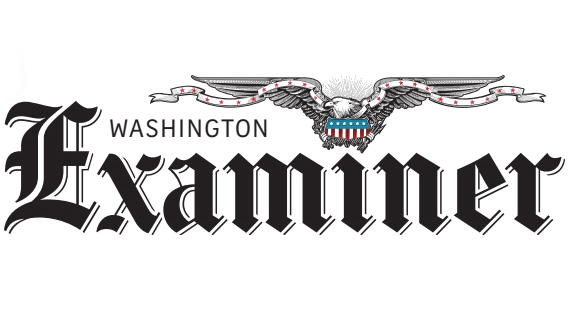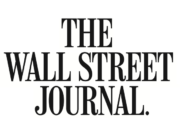This piece originally appeared in Washington Examiner on June 6, 2019.
President Trump has said that he is “monitoring the censorship of AMERICAN CITIZENS on social media platforms,” a not-so-subtle threat that government may one day impose its own standards for content moderation on private companies. Trump has an unlikely ally: Sen. Elizabeth Warren, D-Mass., also thinks the feds should regulate Facebook and other social media companies, going so far as to call for a break-up of the Big Tech companies.
Shockingly, another prominent supporter of government regulation of speech on Facebook is Facebook CEO Mark Zuckerberg. Zuckerberg has bemoaned the “immense responsibilities” his company has as a major internet platform. He wants the government to take those responsibilities off his hands.
That would be a disaster for free speech.
What speech Zuckerberg sees being regulated is far from clear, but it certainly includes “hate speech and more,” and speech by “political actors.” And he wants an “active role for governments and regulators” to police speech.
It may not be just U.S. regulators — if France, Germany, or Saudi Arabia want to “set standards” for Facebook content and political ads, Zuckerberg appears to be all for it.
To close observers, Zuckerberg’s support for internet speech regulation was somewhat predictable. Facebook has been plagued with negative attention over its content moderation policies and Russia’s disinformation campaign in the 2016 election. The company has egg on its face, and it’s looking to fix its image. Perhaps Facebook wants government regulation to deter competition. Perhaps the company is endorsing regulation to attempt to assuage political pressure (from the Trumps and Warrens alike). Perhaps managing a global behemoth like Facebook is just too hard.
But it is nonetheless shocking that Zuckerberg would turn to a panel of bureaucrats to regulate, restrict, and censor his own customers.
Usually Americans oppose efforts to censor or limit their speech. Zuckerberg, however, appears unburdened by such concerns — concerns that actual Facebook users have. Instead, he openly invites government to dictate the rules for content moderation and ads that might be “political.”
Why? Because Facebook found it to be too hard. “It’s impossible to remove all harmful content from the Internet … we need a more standardized approach,” Zuckerberg writes.
Americans should be terrified of a “standardized approach” for regulating speech on Facebook. In the United Kingdom, a man taught his pug to do a Nazi salute to irk his girlfriend. He’s going to prison. Everyone agreed he is not, in fact, a Nazi, but he was still convicted of hate speech. In France, a vegan activist was convicted of supporting terrorism for the “crime” of not showing compassion in a social media post for a murdered butcher.
Is Zuckerberg calling for allowing European governments to decide how Americans can speak on Facebook? These nations are some of the world’s most liberal democracies. Imagine a speech standard imposed by Saudi Arabia.
This path would inevitably be a race to the bottom where only the most banal speech, acceptable to every regulator, would survive. When someone complains about their post being removed or their account being suspended, Facebook wants to be able to say, “We were just following orders.”
If Facebook actually supports free expression, if it actually wants users to have an open forum that celebrates the infinite possibilities of the internet, then it has two options. One, Facebook can embrace the principles of the First Amendment in America and trust its users to deal with hate-filled speech the American way: ignoring it, criticizing it, mocking it, and answering it with more speech.
Or two, Facebook can, as a private company, ban, suspend, and censor whomever it likes. The company simply must accept that these bans will often be viewed through a political lens, and learn to take the heat from the public and the press. The cost of a kinder platform may very well be a less universal one.
But handing over the reins to government will destroy free expression on Facebook. In the best-case scenario, Congress and the president will be in charge of regulating and enforcing the universe of online political speech. If the past is any indication, it will attempt, through 10,000 regulatory paper cuts, to limit and reduce speech politicians dislike. In the worst-case scenario, the radically restrictive speech standards of Europe, or even the Middle East, will be imported to American Facebook users.
Facebook was born, grew, and thrived in the home of the First Amendment. That home, America, deserves better from Mark Zuckerberg and Facebook.














